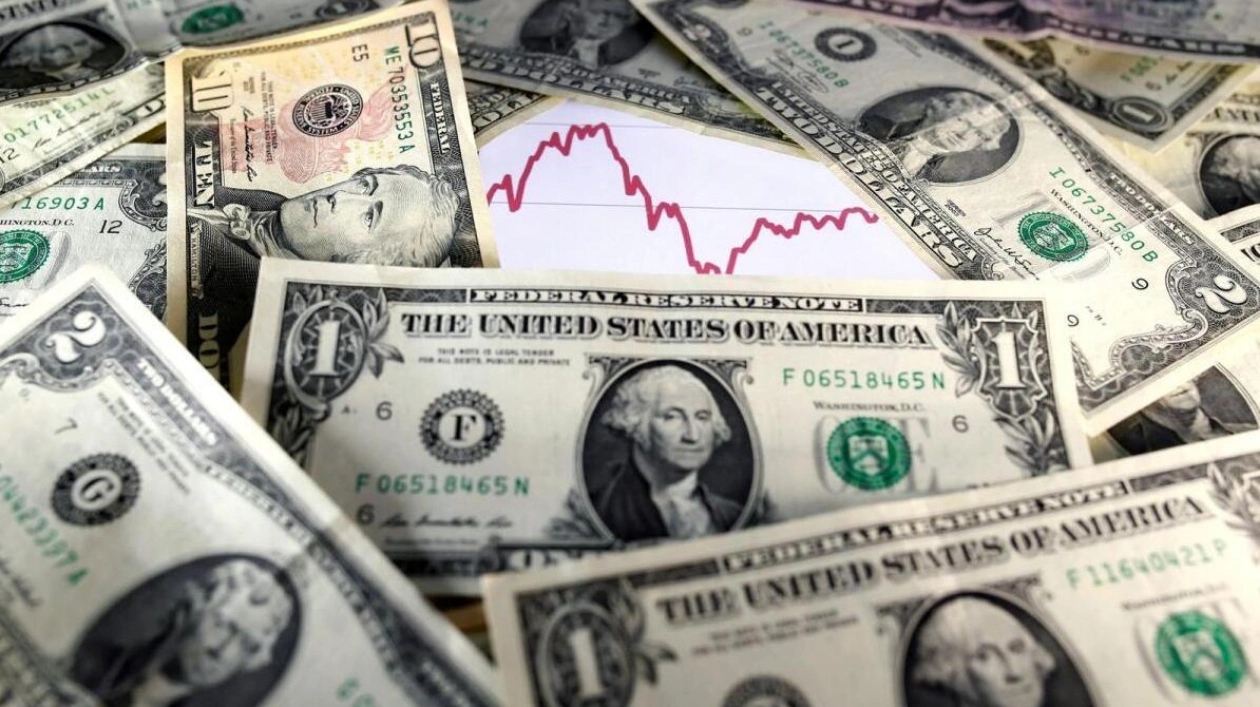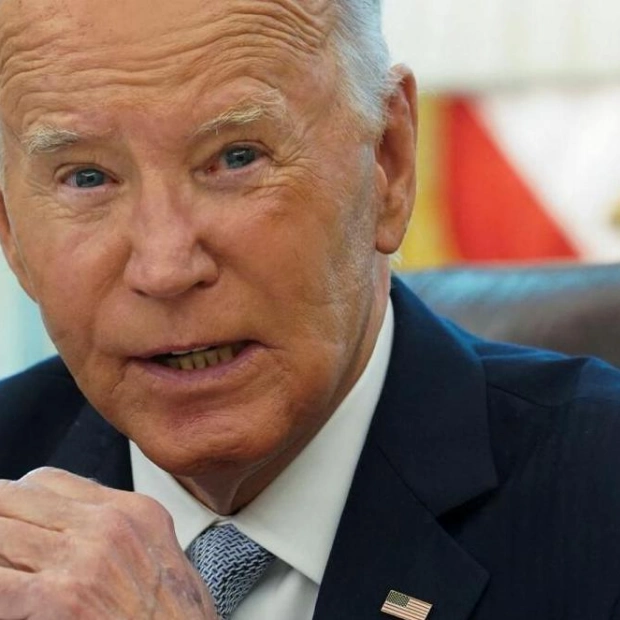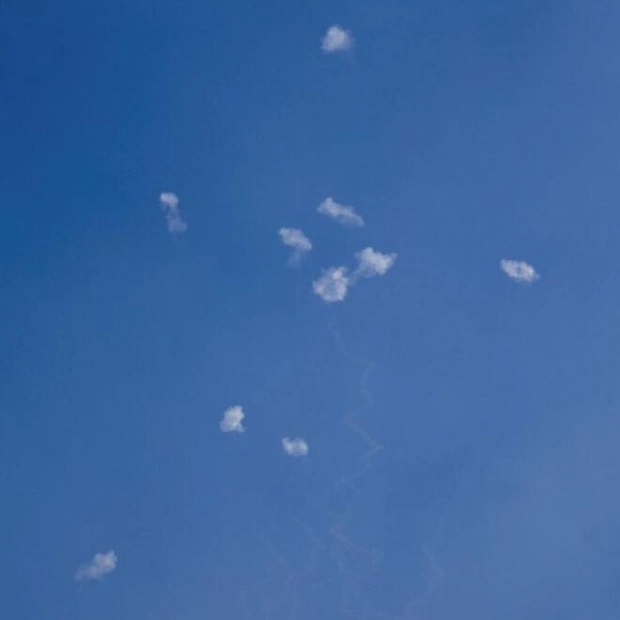S&P Global Ratings has warned that the implementation of the new Sharia Standard 62 could potentially disturb the sukuk market as early as next year, while maintaining its forecast for global sukuk issuance in 2024 at $160 billion-$170 billion. Analysts at S&P believe that the Accounting and Auditing Organization for Islamic Financial Institutions' Sharia Standard 62 might decrease issuance volumes in the medium term if it significantly changes the nature and risk profile of sukuk instruments.
"The standard is set to shift the industry towards asset-backed sukuk by mandating the actual transfer of underlying assets to investors," explained Mohamed Damak, the global head of Islamic finance at S&P Global Ratings. Sukuk issuance totaled $91.9 billion by the middle of 2024, mirroring last year's performance but with a notable rise in foreign currency-denominated issuances.
Damak reiterated S&P's 2024 global sukuk issuance forecast of $160 billion-$170 billion, including an estimated $45 billion-$50 billion in foreign currency-denominated issuance. Total issuance for the first half of the year reached $91.9 billion, a slight increase from last year's $91.3 billion, with a significant 23.8 percent rise in foreign currency issuances, totaling $32.7 billion by June 30, 2024, up from $26.4 billion the previous year.
The primary contributors to this growth were issuers from Saudi Arabia, the UAE, Oman, Malaysia, and Kuwait. The improved outlook on medium-term interest rates has supported foreign currency-denominated sukuk issuance, with expectations that the US Federal Reserve will begin cutting rates in December 2024. Damak attributed the increased issuance to high financing needs in core Islamic finance countries, particularly funding for Saudi Arabia's economic transformation program and robust growth in the UAE's non-oil economy.
Adopting AAOIFI's Standard 62 guidelines, as currently proposed, could disrupt the market, although it is not expected to impact 2024 issuance but may become a factor from next year, according to S&P analysts. "Geopolitical risk has not yet impacted issuance but could present some downside risk, although under our base-case scenario, we do not anticipate significant disruption," Damak added.
S&P noted that the new standard would steer the industry towards asset-backed sukuk by requiring the actual transfer of underlying assets to investors. However, it is challenging to predict the demand for such instruments from both investors and issuers, as well as the legal implications of transferring assets off balance sheets, given the current market structure. This could result in further market fragmentation or even a temporary halt in issuance until a compromise is reached in sukuk structures, according to the analysts' report.
A more conservative interpretation of Sharia is already influencing some market structures. Nevertheless, even if Standard 62 is adopted, it is not likely to disrupt existing sukuk, the analysts argued.






